From the article you will learn about the causes of the development of neuroses in children, as well as get acquainted with the methods of treatment and prevention of neurasthenic disorders.
Contents
- Kinds of children's neuroses
- Symptoms and symptoms of children's neuroses
- Causes of neurosis in children
- When and to which doctor need to consult a child with a neurosis?
- Treatment of pediatric neurosis
- Prophylaxis of pediatric neuroses
- What should not you do with neuroses in children?
- Video: How are childhood neuroses related to problems in the family?
Now neuroses in children develop quite often. The unformed psyche of a small person does not stand the load that the surrounding world exerts upon it. The most common disorder of the nervous system is due to the fact that the child experiences a lot and is very tired.
But the worst thing is, sometimes parents are so busy with work and their own problems that they do not notice that something is wrong with their son or daughter. Therefore, if you want a toddler to grow up as a mentally stable person, then try to surround him with care, love and support.
Kinds of children's neuroses
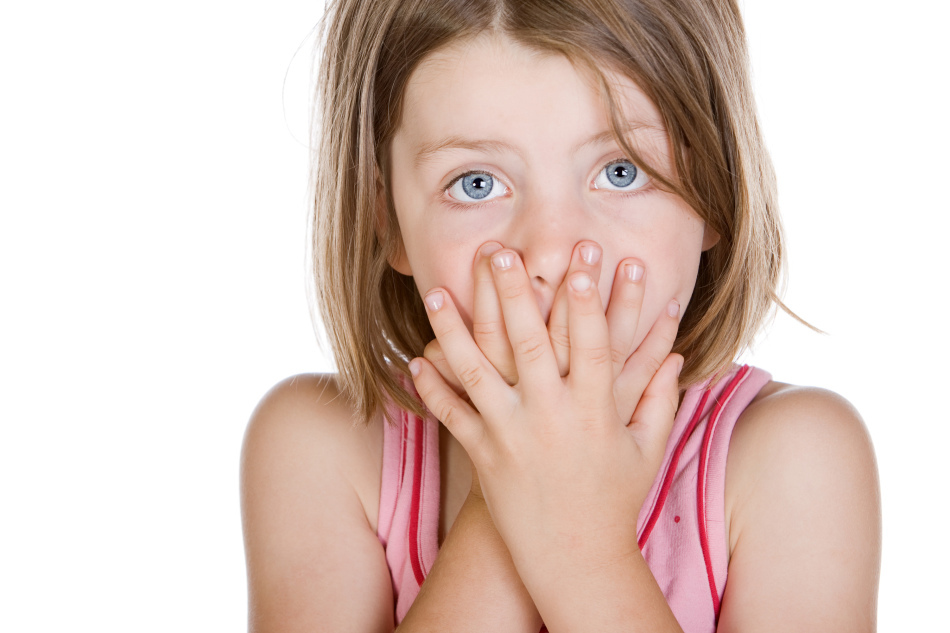
Some parents believe that paying attention to the vagaries of the child, in general, is not necessary. Therefore, when the kid begins to be capricious and refuses, for example, to go to bed, he is simply chastised and sent to the bedroom.
By such actions, you only aggravate the condition of a small person. After all, a child's neurosis is a rather complicated condition, in which he can not control his emotions and assess adequately what is happening.
Types of neurasthenia:
• anxiety neurosis. It manifests itself as periodic bouts, which often become worse when the baby falls asleep. Such a child because of a constant sense of fear is always in a bad mood, refuses to play with his peers, may even develop enuresis. If urgent action is not taken, the condition of the son or daughter worsens and they may begin hallucinating
• Obsessive-compulsive state of .Most often these children are afraid of enclosed space, sharp objects, fast death. Due to constant tension, the child often shudders, sniffs and wrinks the forehead
• Depression. Usually this kind of neurosis develops in adolescents. The child does not sleep well, quietly talks, his activity declines, he prefers to be alone. Also, self-esteem is significantly reduced and the tearfulness of
may increase • Hysterical neurasthenia .This type of disease affects children of preschool age. If the child does not like something or can not get what he wants, he falls to the ground begins to cry heavily, scream and be kicked and hands on the floor or any other surface
• Asthenic neurosis. His appearance provokes quite strong mental and physical loads of the school program. The sick child becomes irritable, whiny, quickly tired and can not long concentrate on any task
• Stuttering of the neurasthenic type. Most often this type of nerve is developed in boys. The cause of its appearance can be not only psychological problems, but also some diseases, for example, regular inflammation in the respiratory system
• Sleep disturbance. All children are subject to this violation. They fall asleep quite hard, they say in a dream, they are tormented by nightmares. In some neglected cases, sleepwalking may develop.
• Pathological habits. The child sucks a finger, gnaws at the nails, constantly swings or pulls out the hair. In case of severe exacerbation, the baby can involuntarily injure the skin
Signs and symptoms of children's neuroses
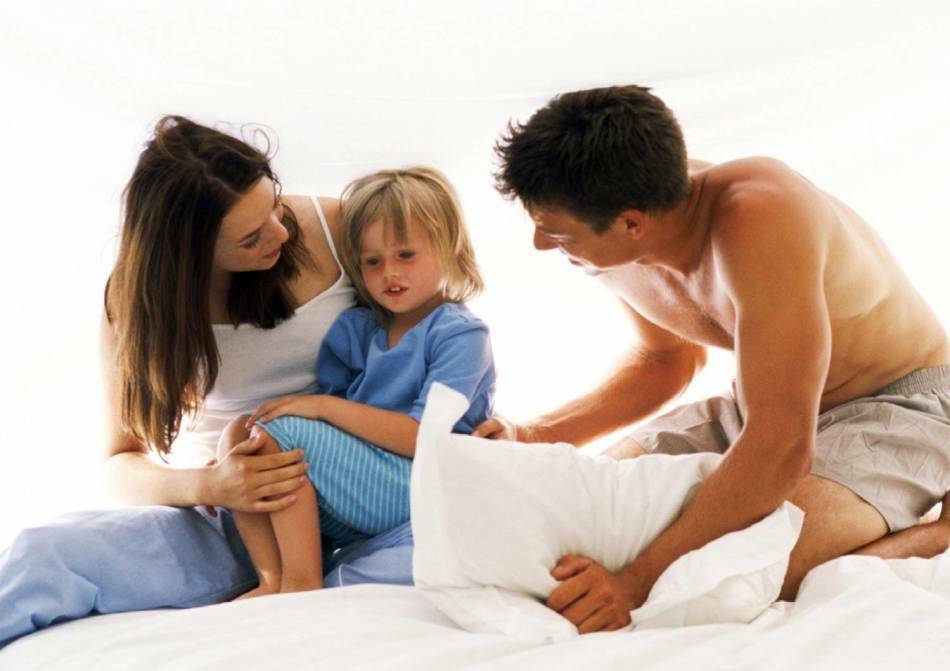
Of course, if the son or daughter sometimes capricious and starts to refuse something, do not lead them to the doctor. After all, the psyche of the child is individual, so every kid reacts differently to external stimuli. But still there are a number of symptoms that may indicate that a small person has developed mental disorders.
Symptoms of neurosis in children:
• Regular attacks of fear
• Toddler is very hard to shake or he began to stutter
• Not quite normal facial expressions
• Unreasonable vulnerability of
• Child refuses to eat his favorite dishes
• Likes to spend time alone
• Uncaused panic
• Toddler gets very tired
• Regularly sucks the hysteria
• Frequent headaches
Causes of neuroses in children

There are many factors that may notativnost impact on the emotional state of the little man. The child constantly needs our protection and support, and if we do not give it to him, it will hurt him enough. He does not know and does not understand how to behave in a new situation for him. Usually such overstrain becomes the primary cause of neurasthenia development.
Factors contributing to the occurrence of neuroses in children:
• The climate in the family. Parents constantly collide in front of the child. Seeing constant scandals, the kid may think that he is the main reason for their occurrence
• Hyperopeka. The desire of parents to always and everywhere monitor the actions of the child can turn into problems in kindergarten and school. Usually, such children find the common language with
peers rather poorly. • Authoritarianism. Parents do not give the child the right to choose and make decisions that relate to his life, relying solely on his opinion
• All-permissiveness. The child is left to himself, he eats, sleeps, walks when he wants. Dad and mother do not teach the child the rules of behavior in society
• Sharp lifestyle changes. The emotional state can be affected by moving to another apartment, changing schools, divorcing parents, the appearance of the stepfather or stepmother
• Injuries of a psychological nature. The child was hurt by classmates or an unfamiliar adult shouted at him. Also, the development of neurosis in children can trigger aggressive behavior of dogs, horses or even cats
• Heredity. Science has proven that some diseases are committed to us in the womb. Therefore, if the parents had mental disorders, it is likely that they to some extent manifest themselves in the children
. When and to which doctor should you contact the neurosis of the child?

- If you notice that your child is very irritable and does not sleep well and eats, and at the same time refuses to tell the reason for his behavior, then immediately consult a pediatrician
- . If the child does not have any problems, then it is likely that youit is necessary to visit also the children's neurologist. It can help to normalize the sleep of the kid to remove headaches and fatigue
- But if such treatment does not give any result, then it is necessary to address the therapist. After all, if the emotional state of a small person is not quickly restored to normal, then it is likely that it will not allow it to develop normally and to adapt in society.
Methods for diagnosing neuroses in children:
• Analyzing the daily life of
• Collecting complete family data
• In a playful form, a conversation with the toddler
is carried out. • The behavior of the child during a certain game
is analyzed. • A small person is encouraged to draw certain pictures of
• HBased on the data collected prescribed treatment
child neurosis
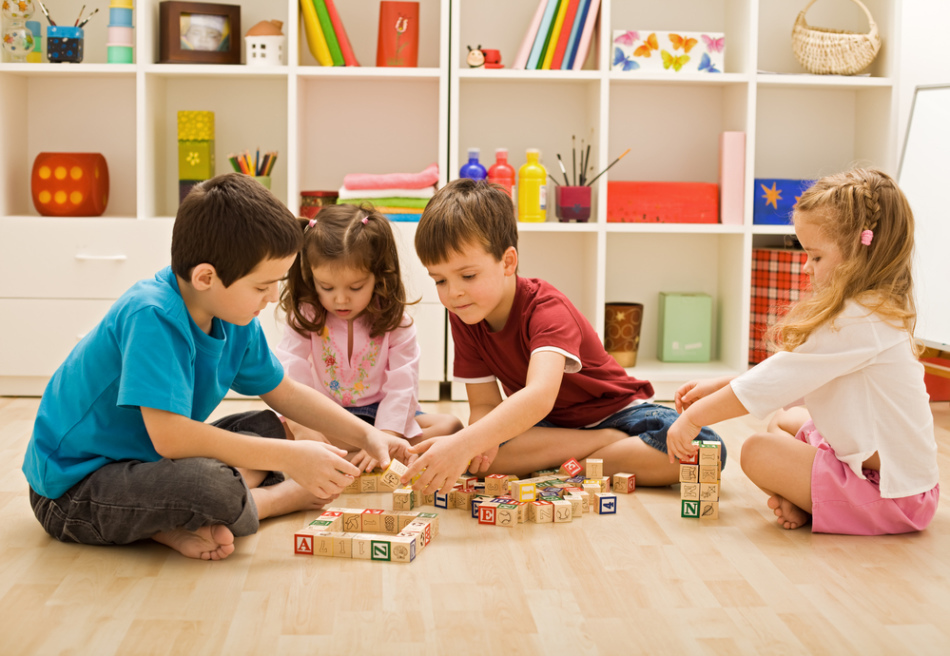
Treatment specialists are familiar with a lot of techniques that can help to normalize the emotional state of the child. Most often after a complete examination, several methods are attributed to the patient at the same time. This allows you to get a much quicker positive result.
It is also very important not to interrupt treatment after the first symptoms disappear. It is necessary to go through the entire course to the end, because only so you can be sure that the disease does not manifest itself repeatedly.
Treatment Options:
• Medication. Tablets most often try to remove anxiety, excitability, depressive state. Typically, children are credited with fortifying drugs, herbal infusions with a calming effect or tranquilizers
• Attending psychotherapy sessions. They can be visited by either one child or the whole family. The purpose of such sessions is the normalization of family relations. Parents are taught how to interact with the baby correctly and explain when they can insist on their opinion, and when it is better not to put pressure on their son or daughter
• Gaming psychotherapy. The kid is invited to express himself creatively, for example, to draw his family or to dazzle from the plasticine of the hero he wants to be like. Based on the results, the doctor can give an accurate answer that disturbs the child
• Treatment of stuttering. After the child has worked as a psychologist, one can proceed to the treatment of speech defects. Kid can be prescribed special breathing exercises, exercises with a speech therapist and therapeutic massages
Prevention of children's neuroses
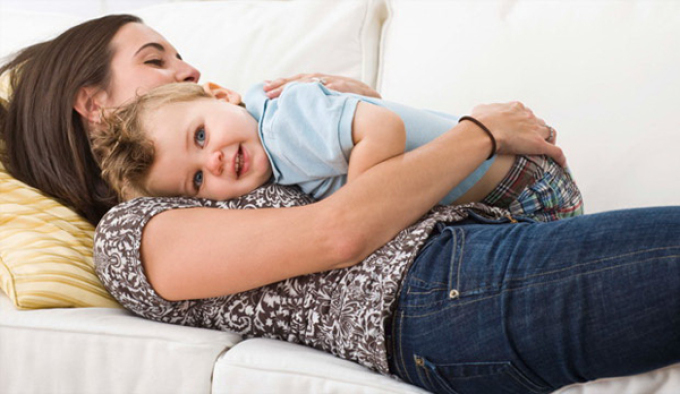
If you want to prevent the emergence of mental disorders and reduce the likelihood of repetition of problems, then do prophylaxis. Actions of this kind will strengthen the nervous system and help you in a timely manner to identify irritants that have a negative impact on the emotional state of the child.
You need to start prevention when the baby is in your tummy. Try not to pay attention to stressful situations, life difficulties and anxiety associated with the birth of your first-born. Such a positive attitude can help you give birth to a healthy baby.
Tips to help raise a healthy person:
• Build trust with
• Never quarrel with the son of
• Take care and sensitivity
• Try to protect the child from stressful situations
• Pay attention to his nutrition and physical development
• Praise him for his achievements
What not to do with neuroses in children?
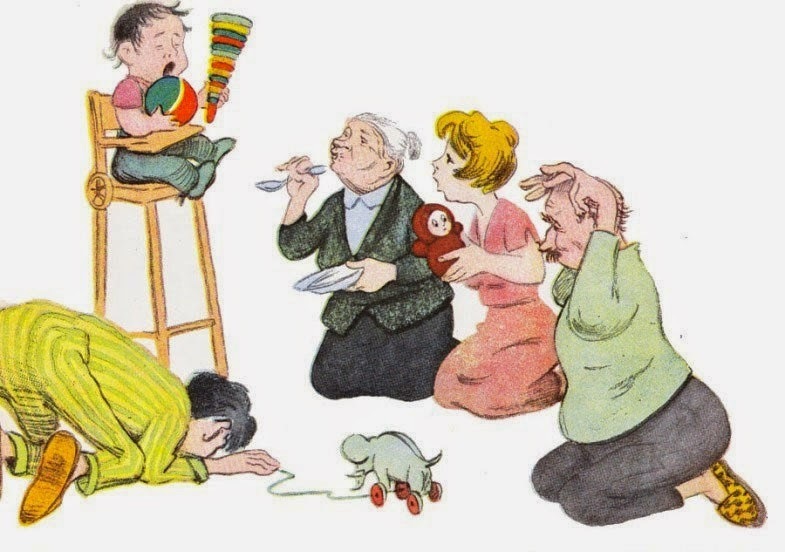
If you have been tested and a specialist has determined that your child has a neurosis, then first of all you should take yourself in hand and not in any way be upset, but adjust yourself only to a positive result. Almost all parents, after hearing the diagnosis, start to feel sorry for their child and try to help him at every step.
This behavior most often leads to a completely unexpected result. The child begins to use hyperope and manipulate parents. If you really want to help your son or daughter, then just help them not to be afraid of the world around them.
